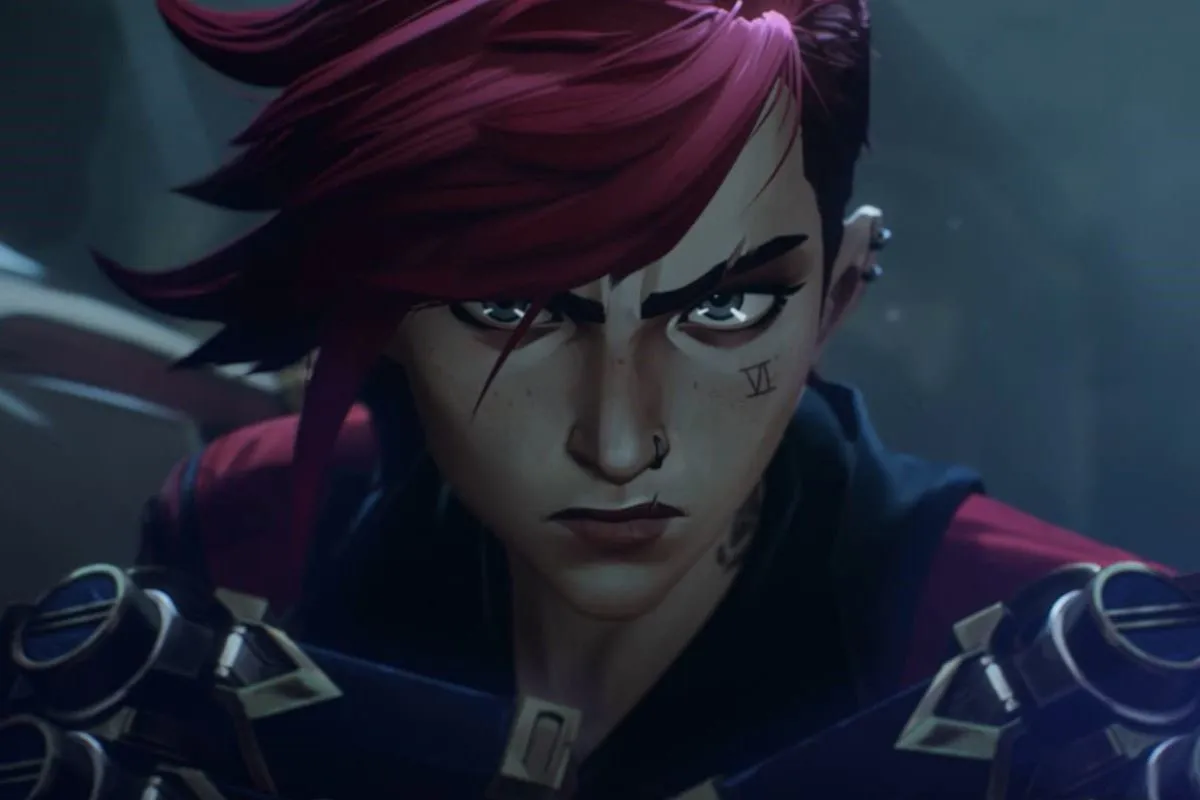When you think of Criminal Minds, you probably picture grisly crimes, iconic quotes, or Spencer Reid’s charming awkwardness. But what’s often overlooked is how the show shattered stereotypes and delivered some of the most iconic feminist TV moments of the 2000s, blending complexity and empowerment into its storytelling.
Yeah, I said it. Criminal Minds is a feminist show. Don’t let the gruesome murders and gritty vibes fool you. From the start, this series served up complex female characters who were so much more than sidekicks, damsels, or love interests. These women are strong, resilient, flawed, and human, just like their male counterparts. And that’s the secret sauce.
Breaking ground from the jump
Let’s set the stage. Criminal Minds premiered in 2005, a time when TV was growing and pivoting but unfortunately often had a one-dimensional idea of strong women. They were either perfect superheroes without a single bad hair day or tough-as-nails ice queens who didn’t need anyone. There wasn’t much room for nuance, especially in procedural dramas, where the ladies often got stuck playing the victim or the nagging partner.
But Criminal Minds? It said, “Nah, we’re not doing that.”
Enter Jennifer “JJ” Jareau, Emily Prentiss, and Penelope Garcia. Each of these women was completely distinct, yet all were given the space to be fully realized characters. JJ was soft-spoken but fiercely determined. Emily was a badass with a mysterious past and a heart of gold. And Garcia? A brilliant, quirky tech wizard who brought humanity and light to even the darkest cases. They weren’t written to check a box. They were written as people.
The power of vulnerability
One thing I love about Criminal Minds is how it lets its female characters falter. JJ has moments of self-doubt. Prentiss faces impossible choices and carries the weight of her decisions. Garcia struggles with the emotional toll of their work, all while dealing with her trauma. They also handle the same issues in completely different ways.
And here’s the highlight, none of this makes them “weak.” If anything, it makes them stronger. The show doesn’t punish them for being vulnerable. Instead, it shows how they rise above those moments or sometimes just manage to survive them.
Emily Prentiss, for example, goes through hell and back, literally, in her arc with Ian Doyle. She fakes her death, loses her sense of identity, and battles survivor’s guilt. She faces coming back to the team when they truly thought she was dead and attended her funeral. It’s messy and heartbreaking, but she emerges on the other side as a stronger, more empathetic leader. And when she eventually takes over as unit chief? It’s not framed as her “finally proving herself.” She was always capable, her journey just added new layers to her strength.
Not just token women
The writers of Criminal Minds didn’t just sprinkle a few “strong female characters” into the mix and call it a day. They made sure the women were integral to the team’s dynamic. Even JJ’s initial role as the team’s liaison wasn’t just a desk job, it was a vital piece of how the BAU operated. And when she stepped into the field? She didn’t just hold her own, she kicked serious ass.
Penelope Garcia, meanwhile, wasn’t just the “quirky hacker.” She brought heart to the team, balancing out the darkness of their cases with her warmth and humor. And let’s be real, the BAU would’ve fallen apart without her tech skills. She’s the glue that holds it all together.
Feminism in action
Here’s where Criminal Minds really stands out as a feminist show: it doesn’t just give its female characters a seat at the table. It lets them drive the narrative.
Think about Prentiss’s showdown with Doyle or JJ’s evolution from media liaison to profiler. These aren’t side plots, they’re central to the story. And the show doesn’t shy away from addressing the unique challenges they face as women in a male-dominated field.
In one memorable moment, JJ confronts Strauss, a fascinating yet flawed female character, about the bureaucratic red tape that often undermines their work. It’s a small scene, but it speaks volumes about the frustrations women face in positions of power.
Looking back, it’s incredible to think about how much Criminal Minds accomplished, especially considering when it aired. Shows like The X-Files and Buffy the Vampire Slayer had already paved the way for strong female leads, but Criminal Minds took it a step further by normalizing those roles in a genre where women often get sidelined.
And the best part? The show’s feminist undertones never feel forced. It’s not trying to “teach” you anything or wave a banner. It just tells stories about women being women, who are flawed, fierce, funny, and everything in between.
It still matters
In a media landscape that still struggles to get female representation right, Criminal Minds feels like a breath of fresh air, even all these years later. It’s proof that you can produce a show that’s dark, gritty, and action-packed without sidelining your female characters.
So, the next time you’re scrolling through your streaming options, maybe give Criminal Minds another watch. Sure, it’s got the gruesome crimes and suspense you’d expect, but it’s also got some of the most empowering, nuanced portrayals of women you’ll find on TV.
And honestly? That’s what makes it iconic.










Published: Nov 27, 2024 07:11 am